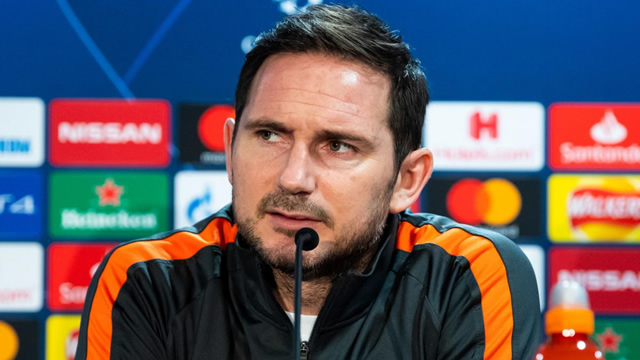Introduction
An interim manager is required when a member of management has left a position (either voluntarily, by force or by ‘mutual agreement’) and the employer needs to find a long-term replacement could this take time?
Therefore interim manager is employed as a short-term measure to fill the role while the recruitment takes place.
While this sounds very good in practice, it does cause some real challenges and one could argue the use of interim measurement could be a symptom of bigger issues within the organization.
I believe that the current challenges at Chelsea Football Club at a good case study for this.
Problems with an interim manager obtaining respect
Firstly, the interim manager (Frank Lampard in this case) must have credibility, respect and gravitas to manage the team supporters and other key stakeholder groups. However Lampard with struggles with this.
Unfortunately, Lampard is in an awkward position because he was previously sacked by Chelsea for not meeting (albeit extremely high expectations) from the club’s owners. Although to be fair to him, there was a transfer ban in place when he was manager previously, which meant he could not buy or sell players which severely tied his hands to build a team. However, people tend to forget this and just remember he was a ‘sacked’ manager.
Furthermore, Lampard was sacked from Everton only a couple of months ago for a string of bad results. Again, people just remember him as a ‘sacked’ manager.
Finally, the players and other staff members know he is going to be replaced in the summer. This means any decisions he makes could be reversed immediately in the summer.
Therefore, the argument is that if one employs an interim manager, then it is much better to employ a (probably highly paid) ‘big-hitter’ with sufficient gravitas to manage the situation, players and other key stakeholders.
Although there is an alternative option, which is to use an existing member of staff as an ‘acting’ replacement. But if this is done, then it needs to be managed very carefully. The ‘acting’ manager may want the job long term and will be unhappy once a new permanent person arrives. On the other hand, the ‘acting’ may not have the extra skills required (such as coping with the media, dealing with high-profile players, etc) which could cause more issues
Regardless of the approach taken, any ‘interim’ or ‘acting’ manager will need clear and verbal support from the senior management (or the owners in this case).
The interim nature means no major changes can be made (which could exacerbate any existing issues).
The short-term interim nature also creates several problems for Lampard
The main issue is that the transfer window is closed, which means he cannot buy or sell players. This means he has to ‘make do’ with the team he has. While he has a set of good players there are gaps in his team. For example, a good goal scorer is required and this can be evidenced by the opportunities missed when they played Real Madrid at home in the Champions League on 18th April 2023.
Unfortunately, this is a side effect of using interim management. Because an interim manager is often brought in just ‘steady the ship’ then there is very little scope for them to make any material changes to staffing, structures, processes, etc unless it is critical.
This can result in stagnation in certain circumstances.
This stagnation could materially impact Chelsea. Currently, Chelsea is in a poor league position (for their demanding owners anyway) which means they will not get into Europe which, in turn, means (a) they will lose revenue (b) it will be harder to attract good new players (c) it could mean existing players may want to leave and ultimately (d) they may struggle to attract good permanent manager(s).
Is there a lack of long-term planning?
I believe that the real underlying issue here is the short-termism of football, especially at the highest levels.
The desire to win, qualify for Europe and especially not be relegated from the Premier League is massive.
This means that there are often panicky and irrational decisions being made. Managers are hired and fired at short notice. Players are often bought quickly at over-inflated fees and on massive wages. Unfortunately, this behaviour is supported by the vast sums of money available at the highest level of football.
For the majority of clubs, there is no real long-term planning in place. Very few clubs have a clear strategy in place with interim steps to measure and track progress. There are no staffing and succession plans in place. There are no contingency plans in place in case of issues and so on.
The key point to remember while football sees itself as unique, it is not exempt from any of the other industries where clear logical and rational plans are required.


Recent Comments